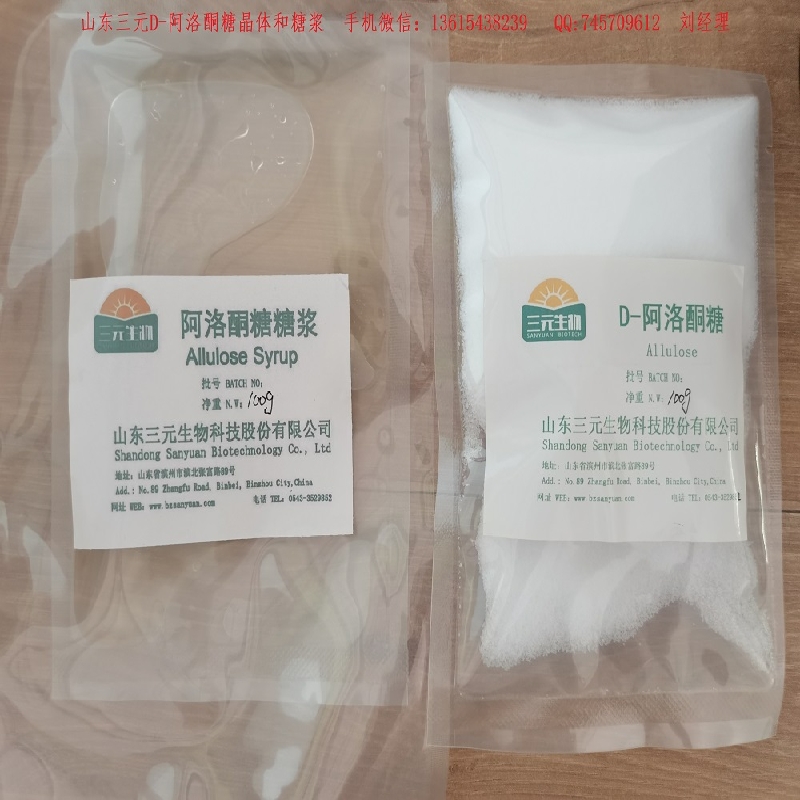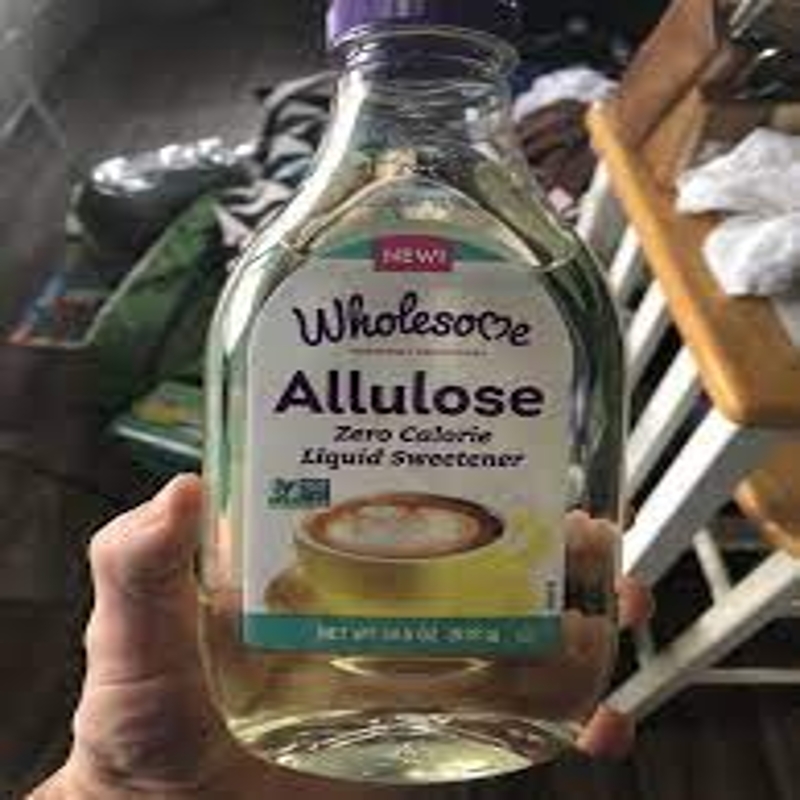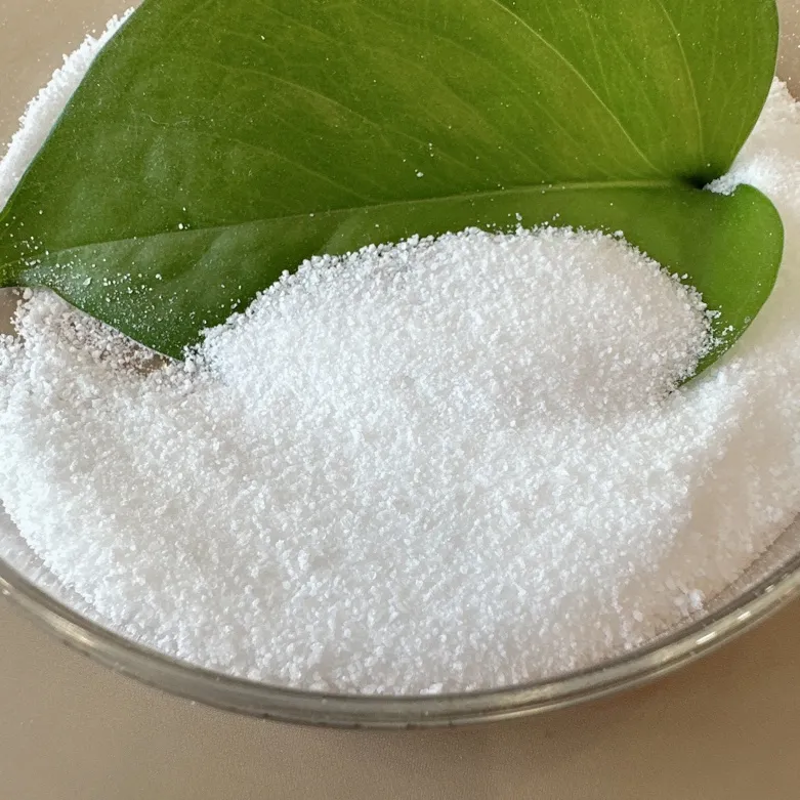-
Categories
-
Pharmaceutical Intermediates
-
Active Pharmaceutical Ingredients
-
Food Additives
- Industrial Coatings
- Agrochemicals
- Dyes and Pigments
- Surfactant
- Flavors and Fragrances
- Chemical Reagents
- Catalyst and Auxiliary
- Natural Products
- Inorganic Chemistry
-
Organic Chemistry
-
Biochemical Engineering
- Analytical Chemistry
-
Cosmetic Ingredient
- Water Treatment Chemical
-
Pharmaceutical Intermediates
Promotion
ECHEMI Mall
Wholesale
Weekly Price
Exhibition
News
-
Trade Service
Reporter Feng Fengming
In recent years, the hidden dangers of disorderly development behind the sauce boom have become more and more prominent, and some places have begun to take action
.
Recently, the Regulations on Environmental Protection of the Production of Sauce-fragrant Liquor in the Chishui River Basin of Guizhou Province (hereinafter referred to as the "Regulations") were issued, which requires that the production of Sauce-fragrant liquor in the Chishui River Basin should inherit traditional brewing techniques, prohibit direct or indirect addition of edible alcohol, and prohibit direct or indirect addition of aromatic and flavorful substances
produced by the fermentation of non-sauce-fragrant liquor.
If the circumstances are serious, the production license
will be revoked.
The Regulations propose that the layout of the sauce-flavored liquor industry should be optimized, and the sauce-fragrant liquor production enterprises should be supported to carry out mergers and reorganizations
in accordance with the law.
Industry insiders said that the local government has intervened, and the phenomenon of "small, scattered and weak" soy wine production is expected to be alleviated, and the threshold for capital to enter soy wine will also be raised
after rectification.
Excessive penalties for the use of additives are punishable
According to the news recently released by the official website of the Standing Committee of the Guizhou Provincial People's Congress, the Regulations on Environmental Protection of the Production of Sauce-fragrant Liquor in the Chishui River Basin of Guizhou Province will come into force
on March 1, 2023.
For illegal distilleries, the Regulations specify the penalties for violations, and if a non-sauce-flavored liquor is directly or indirectly added as a food additive with a fragrant and flavored substance produced by its own fermentation, a fine of between 10 times and 20 times the value of the goods shall be imposed on the value of the goods of more than 10,000 yuan; If the circumstances are serious, the production license
shall be revoked.
Where the fragrant, flavorful and coloring substances produced by the self-fermentation of non-sauce-flavored liquor are directly or indirectly added as non-food raw materials, chemical substances other than food additives or other substances that may endanger human health, a fine of between 15 and 30 times the value of the goods shall be imposed on the value of the goods of more than 10,000 yuan; If the circumstances are serious, the production license
shall be revoked.
It is understood that these two "prohibitions" put forward two considerations, one is based on the requirements of inheriting traditional brewing techniques; The second is to standardize production and ensure the quality of
sauce-fragrant liquor.
In recent years, the problem of illegal use of additives in liquor, which has become more and more prominent, has also been put on the table
.
According to the information on the official website of the Guizhou Provincial Administration for Market Regulation, the reporter found that in the past three months, the bureau issued a total of 15 announcements on food safety supervision and sampling information, of which 7 involved unqualified
alcohol products.
A total of 14 batches of unqualified samples were unqualified samples, of which the most common violation item was unqualified alcohol content, which occurred 8 times; followed by cyclamate, which appears 4 times; The rest is sodium saccharin, which appears 2 times
.
As an important quantitative indicator of alcohol products, the quality of the product will be affected if the alcohol content is not up to standard
.
According to the regulations, the allowable difference between the measured value of alcohol content and the value indicated on the label is ±1.
0% vol
.
The reason for the unqualified alcohol content in liquor and prepared wine may be that the production process control of the enterprise is not strict or the production process level is low, and the alcohol content cannot be accurately controlled; It may also be that the inspection equipment of the manufacturer has not been verified or the inspection process is not standardized, resulting in deviations in the inspection results
.
Cyclamate, sodium saccharin, are synthetic sweeteners
.
The standards for the use of food additives stipulate that sweeteners in liquor shall not be detected
.
The reason for the detection of cyclamate and sodium saccharin in alcoholic products may be that in order to reduce production costs and improve the taste of products, companies add sweeteners
beyond the range.
According to industry insiders, adding sweeteners can improve the taste of alcoholic beverages, effectively cover up the original sourness of alcohol, and make its body coordinated
.
In the eyes of the industry, the illegal addition of synthetic sweeteners to wineries indicates that its winemaking technology may need to be improved
.
Baijiu maintains a moderate sweetness, which can make the wine sweet, mellow and soft, but this sweetness can only be produced by natural fermentation, such as advanced alcohols, polyols, amino acids, etc
.
The taste of famous liquor is mellow and sweet, which is determined by its special production process
.
The chaos behind the sauce wine craze has attracted attention
The reporter also noted that most of the above 14 batches of unqualified alcohol products were produced in small and medium-sized liquor enterprises
.
Industry insiders said that it takes at least 5 years from production, brewing, storage to finished product sales, in addition to considering a long storage cycle and market cultivation cycle
.
In other words, the large capital investment in the early stage is a test for new entrants, and among the above-mentioned liquor production enterprises, 8 enterprises have a registered capital of no more than 20 million yuan, and the lowest capital is only 180,000 yuan
.
Seven of them were newly established around 2015
.
Geographically, the registered addresses of these small businesses are clustered in the Chishui River Basin Sauce Xiang Baijiu Cluster, such as Guizhou Zunyi Renhuai Maotai Town and Jinsha Production Area
.
This is mainly related to
the "sauce wine craze" in recent years.
Relevant data show that in 2021, the sales revenue of soy wine will reach 190 billion yuan, a year-on-year increase of 22.
6%; The profit was 78 billion yuan, a year-on-year increase of 23.
8
%.
With a production capacity of about 8% of the liquor industry, sauce wine has obtained more than 40% of the profit of
the liquor industry.
Under the huge profits, capital began to flock to Guizhou, and the brewing resources of sauce wine in traditional production areas were competed for by large and small wine enterprises
.
The number of wine manufacturing enterprises has increased significantly, and many small wine companies
have sprung up in the area.
According to public information, as of the beginning of 2021, there were 1,779 liquor production enterprises in Renhuai City, 346 liquor companies that had obtained food production licenses, 915 liquor companies with registered production licenses for small workshops, and 266 without registered production
licenses.
Overall, enterprises above designated size accounted for only 5.
17%
of the total number of wine enterprises.
In addition to the uneven qualifications of wine companies, many small wine companies that have newly entered the market have chosen low-quality development, and chaos has arisen
such as OEM wine, production and sale of string wine, and popularity of famous wine.
The Regulations make it clear that the layout of the sauce-flavored liquor industry should be optimized, and the manufacturers of sauce-flavored liquor should be supported to carry out mergers and reorganizations
in accordance with the law.
It is reported that in September 2021, the Renhuai Municipal Government issued the "Renhuai City Liquor Industry Comprehensive Management Three-Year Action Plan" proposed to use 3 years to completely ban liquor production enterprises that do not meet standards in ecological environmental protection, food safety, safe production, etc.
, and realize the transformation
of liquor enterprises from quantity to quality.
The "Circular of the CPC Zunyi Municipal Committee on the Progress of Centralized Rectification and Reform of Special Inspections and Centralized Rectification Focusing on the "Four New" and "Four New" and Special Inspections for Investment Attraction recently issued by the Zunyi Municipal People's Government also proposed that the next step will continue to rectify the outstanding ecological and environmental problems in the liquor industry and the phenomenon
of "small, scattered and weak" production.
Industry insiders expect that although the number of wine companies on both sides of the Chishui River will decline after the rectification, the quality of enterprises will be significantly improved
.
After the rectification, the threshold for capital to enter the sauce and wine industry will be raised, which is conducive to high-quality capital supporting local enterprises to become bigger and stronger
.
China Food News(Version 04, December 26, 2022)
(Responsible editor: Zhu Meiqiao)







